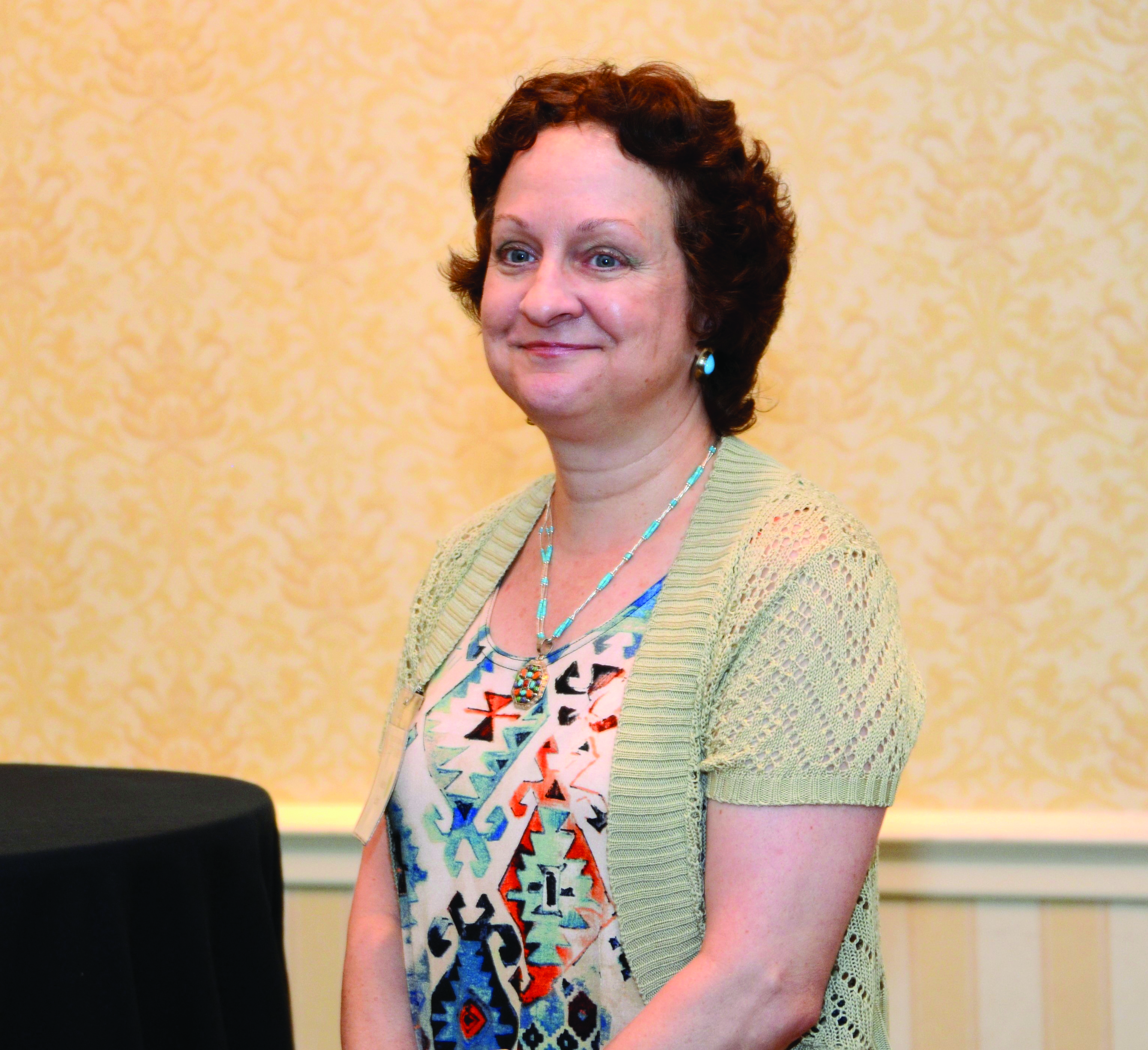How Does Mentorship Help New Oncology Nurse Authors Get Published?
As reported to Chris Pirschel, Staff Writer, by Valerie Eschiti, PhD, RN, AHN-BC, CHTP, CTN-A

Writing and publishing for the first time can be a daunting experience, but the Clinical Journal of Oncology Nursing (CJON) Writing Mentorship Program is a great opportunity for oncology nurses looking to publish their own work. The program pairs published nurses who share their experiences and expertise with ONS members who are new to the publishing process.
Being a mentor means becoming one part teacher, one part coach. Mentors help new authors understand the process of crafting a manuscript, how to submit it for review, how to understand and incorporate revisions, and, ultimately, how to prepare it for publication. Of course, along the way, inexperienced authors may have doubts, so part of the mentor’s job is also to provide encouragement, support, and perspective. Sometimes that means simply saying, “Good job! Keep up the hard work!” or “I know it’s tough, but you can do it. I’m here to help however I can.” Being there for that emotional support is important, because part of becoming a published author is developing grit and perseverance while learning how to take constructive criticism.
For many oncology nurses, publishing can seem like a herculean effort, especially because many potential authors have family, full-time work, school, and other responsibilities in their day-to-day lives. But it’s possible to meet the deadlines and get an article published. Typically, ONS staff will provide a due date for the final manuscript and some guidelines for drafts along the way, but mentors and mentees can work to develop the best possible schedule for new authors. Sticking to those timelines can help mentees work within their own hectic schedules while still acting as primary author on their papers. It can be a lot of work in an already full life, but with mentors and mentees working together, the process is simple and straightforward, and it can be done.
Publishing is a crucial part of moving oncology nursing forward. The mentorship writing program isn’t just a great way to get your work published, although it’s always wonderful to see your name in print. It’s also about sharing new knowledge with the nursing community. Publishing articles with new ideas and knowledge helps drive our practice, and it reaffirms the expertise of oncology nursing in cancer care.
As a mentor, it’s rewarding to work with new authors, watching them develop their writing and grow through the process. Many of us wouldn’t be where we are without the guidance and mentorship of those who came before us. Beyond that, mentors have the opportunity to learn about new topics in practice as they work together with their mentees, a tremendous benefit for both parties involved in the writing process.
Many oncology nurses might think publishing would be a difficult prospect, given their busy lives and full-time work schedules. However, I highly encourage nurses to investigate the CJON Writing Mentorship Program. ONS has a great screening process for mentors and aims to pair together mentees with mentors who are supportive and encouraging and will help get new authors through the process of publishing for the first time.
Being afraid or uncertain of writing and publishing is perfectly normal. But remember, if you can work as an oncology nurse and deal with everything that entails, you can definitely publish an article.
